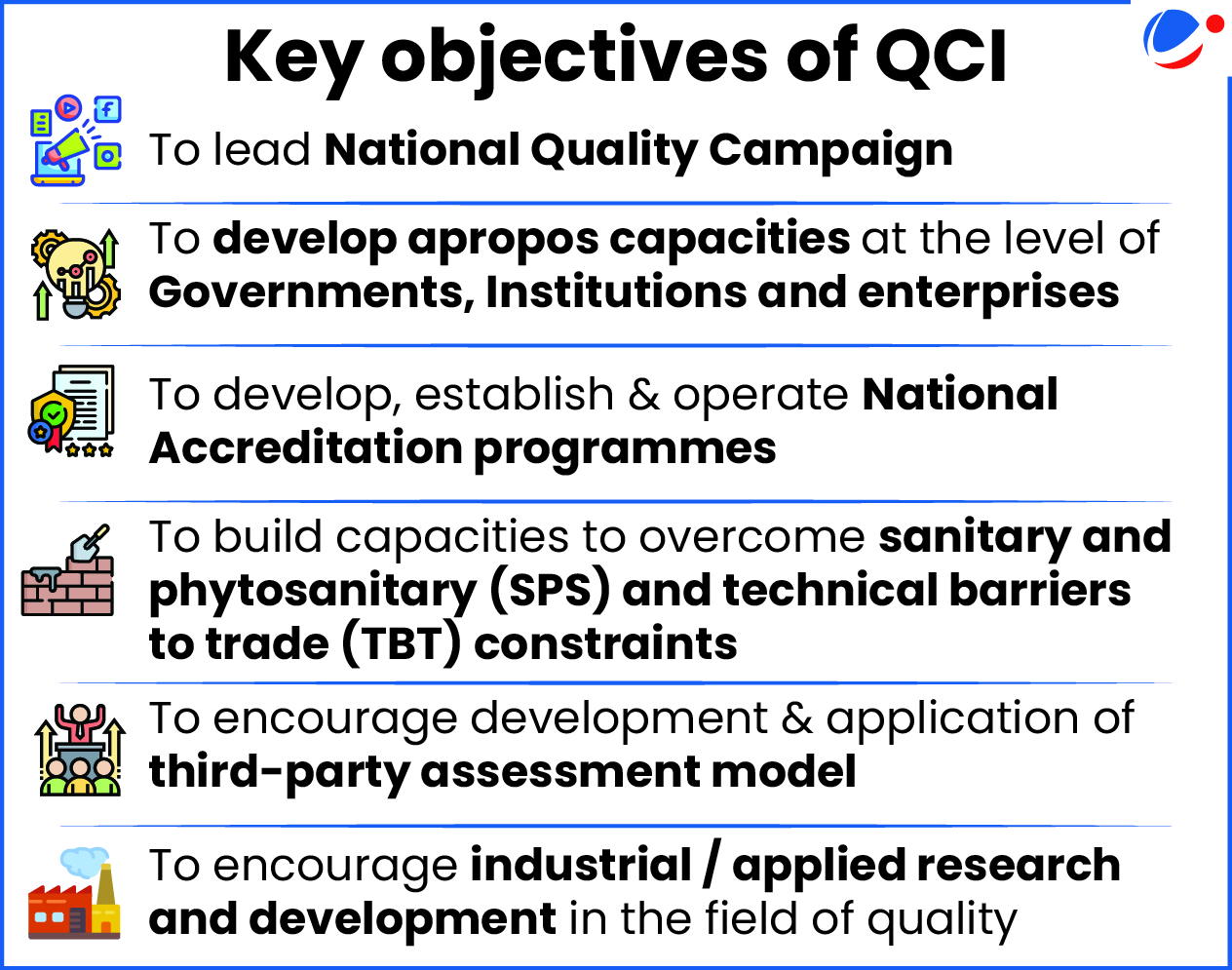The Supreme Court recently overturned the Patna High Court’s order which allowed narco-tests on all accused and witnesses.
- The judgement was based on supreme courts observation on Selvi v. State of Karnataka 2010 case wherein constitutional validity narco-analysis tests and other tests including polygraph was considered
About narco-analysis test
- It is an interrogation method whereby a suspect of a crime is injected with a psychoactive drug under controlled conditions to suppress their reasoning power or the ability to determine what is good/bad for themselves.
- The drug used for this test is sodium pentothal, which is also used in higher dosages for inducing general anesthesia in surgeries.
Key Highlights of the Judgement
- Involuntary Narco Test Contravenes Constitution:
- Such tests violate Articles 20(3) (right against self-incrimination) and 21 (right to personal liberty).
- Forced narco-tests are strictly illegal under all circumstances.
- Any information obtained from an involuntary test is not admissible in court.
- Voluntary Narco-Test Cannot Be Sole Basis for Conviction:
- Even if done voluntarily and with safeguards, narco-analysis reports cannot be used directly as evidence.
- This is because subject does not exercise conscious control over the responses during the administration of the test.
- However, new information discovered through the test can be admitted under the Indian Evidence Act, 1872.
- In addition to selvi case this has also been reiterated by the Supreme court in Vinobhai v. State of Kerala and Manoj Kumar Soni v. State of M.P. cases.
- Even if done voluntarily and with safeguards, narco-analysis reports cannot be used directly as evidence.
- Limited Right to Voluntarily Undergo the Narco-Test:
- The accused does not have an absolute right to undergo narco-analysis.
- However, the accused can undergo a voluntary narcoanalysis test at an appropriate stage i.e., when the accused is exercising his right to lead evidence in a trial.
Article Sources
1 source
Minister of State for Commerce and Industry inaugurated the new unified headquarters of the Quality Council of India (QCI) at the World Trade Centre in New Delhi.
About Quality Council of India
- Genesis: Established as a National body for Accreditation in 1996.
- Mission: To lead nationwide quality movement in India.
- Non-Profit Organization (NPO): It is an NPO registered under the Societies Registration Act of 1860
- PPP Model: Supported by the Government of India and three premier industry associations - ASSOCHAM, CII, and FICCI.
- DPIIT (Ministry of Commerce) was made the nodal agency for all matters connected with quality and QCI.
- Chairman: Chairman of QCI is appointed by the Prime Minister on the recommendations of the industry to the Government.
- Role in Swachh Bharat Mission (SBM): Serves as the implementing agency for Swachh Survekshan survey to assess and rank cities on sanitation and cleanliness parameters.
The World Accreditation Day (June 9), a global initiative by International Laboratory Accreditation Cooperation (ILAC) and the International Accreditation Forum (IAF), is celebrated to promote the value of accreditation.
Article Sources
1 sourceThe Election Commission of India (ECI) used the new ECINET digital platform during recent bye-elections in five Assembly constituencies across Kerala, Gujarat, Punjab, and West Bengal.
About Form 17C
|
About ECINET app
- ECINET is a new one-stop platform for timely voter turnout reporting.
- Under the Conduct of Elections Rules, 1961, the Presiding Officers are required to furnish Form 17C to booth-level agents nominated by political parties, who are present at the polling station at the close of polls.
- Key Features
- Near Real-Time Voter Turnout Update: Presiding officers now update voter turnout every two hours on polling day through the app, reducing delays.
- Data Accuracy Ensured: Only designated EC officials can enter data to ensure accuracy.
- Faster Index Card Publication: Most fields in the Index Card are auto-filled, this allows the card to be published within 72 hours of results, instead of taking weeks or months earlier.
- The Index Card is a non-statutory post-election report that shares detailed constituency-level election data for all stakeholders, including researchers, academics, and policymakers.
Article Sources
1 sourceThe Ministry of Tribal Affairs launched the Adi Karmyogi Programme.
About the Adi Karmyogi Programme
- Aim: Building a cadre of highly motivated officers and change makers dedicated to grassroots transformation.
- Objective: To take capacity-building to about 20 lakh field-level stakeholders by creating a batch of trainers and master trainers at the State, district, and block levels.
- It seeks to bring a fundamental shift in the attitude and motivation of field-level officials, emphasizing citizen-centric ideation and delivery.
- Target: Reaching 1 lakh tribal villages and habitations.







